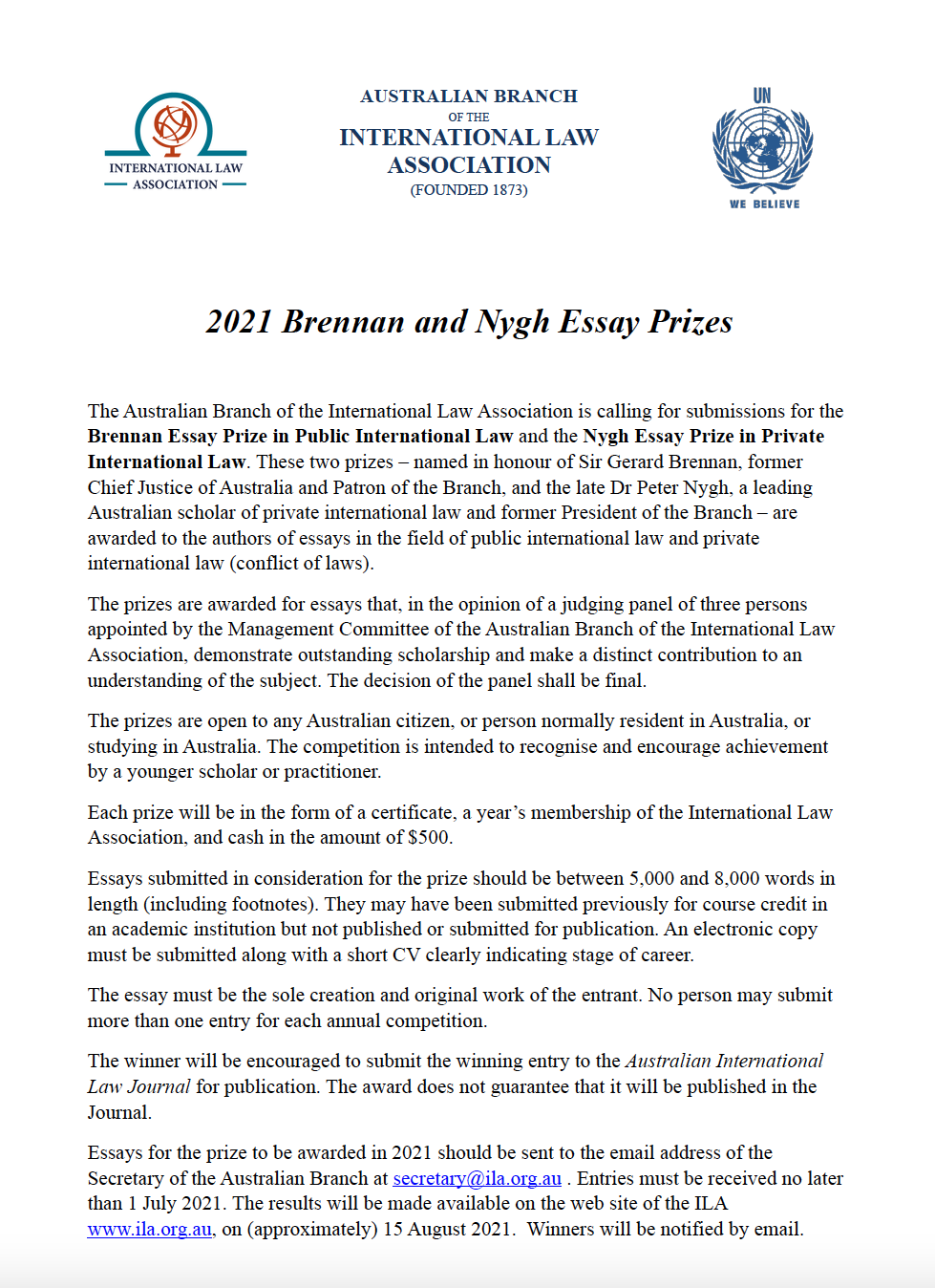In Georgia v Russia (II), the European Court of Human Rights (‘ECtHR’ or ‘Court’) was asked to decide on numerous alleged breaches of human rights by the Russian Federation (‘Russia’) during a five-day armed conflict between Georgia and Russia. Despite the legal trend favouring the complementarity between International Human Rights Law (‘IHRL’) and International Humanitarian Law (‘IHL’), the Court ultimately held that Russia lacked jurisdiction over extraterritorial breaches of human rights under art 1 of the European Convention on Human Rights (‘ECHR’ or ‘Convention’), signalling a regrettable turnaround from recent case-law.
The ECtHR was handed the perfect opportunity to move past, as rightly underscored by Judge Chanturia, the legally ‘lifeless’ Bankovićdecision and enrich the interplay between IHRL and IHL in Georgia v Russia (II),but ultimately failed to do so.
For legal purposes, the events under scrutiny may be divided in two parts. The first part concerned the armed conflict between Georgia and Russia, with South Ossetians and Abkhaz forces also playing an important role. Hostilities started on the night of 7 to 8 August 2008 and lasted for about five days, resulting in significant losses, including an alarming number of civilian casualties. Secondly, following a ceasefire, Georgia submitted that Russia perpetrated a number of human rights abuses, including the killings and displacement of civilians, the degrading treatment of civilians and prisoners of war, lootings and destruction of civilian objects, which would constitute significant violations of the ECHR. The scope of this written work is to assess the ECtHR’s approach to the first part and assess whether said approach adequately grasped the interplay between IHRL and IHL, as the latter comprises the body of international law applicable to armed conflicts.
The interplay between IHRL and IHL has been subject to much scrutiny in international law. It is internationally recognised that the two bodies of international law are mutually complementary, thus meaning that the protection of certain human rights, in particular, as the International Court of Justice in its Advisory Opinion on the Legality of the Threat or Use of Nuclear Weapons argued at § 25, the ‘right not arbitrarily to be deprived of one’s life’, does not cease during armed conflict (see also Orakhelashvili and the ICTY in Prosecutor v Kunarac et al§ 467). On the other hand, the ‘intricate legal issues of interplay that sometimes arise’ have arguably posed practical challenges in the way the interplay is to be understood, such as matters of derogation, jurisdiction, discretion, accountability, etc. (see also Bethlehem, 180– 82). The opportunity Georgia v Russia (II) presented for furthering the interpretation of applicable human rights norms in situations of armed conflict was therefore invaluable.

